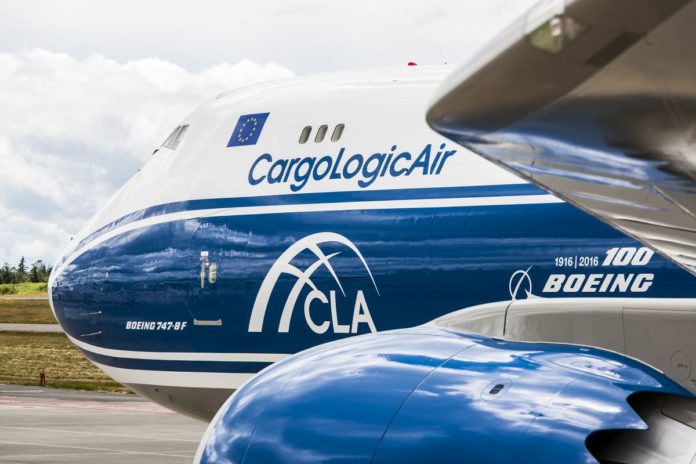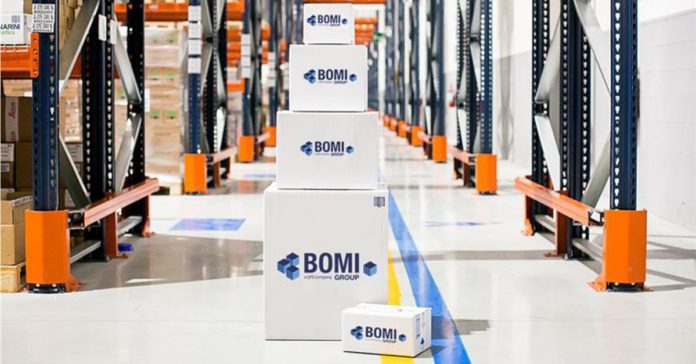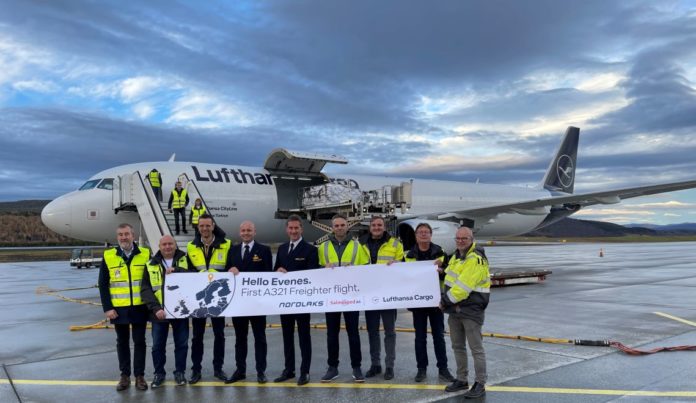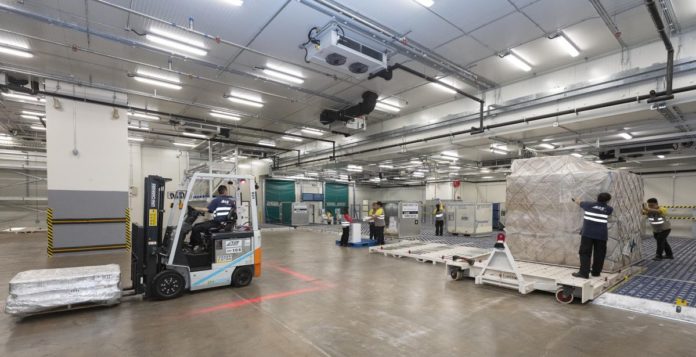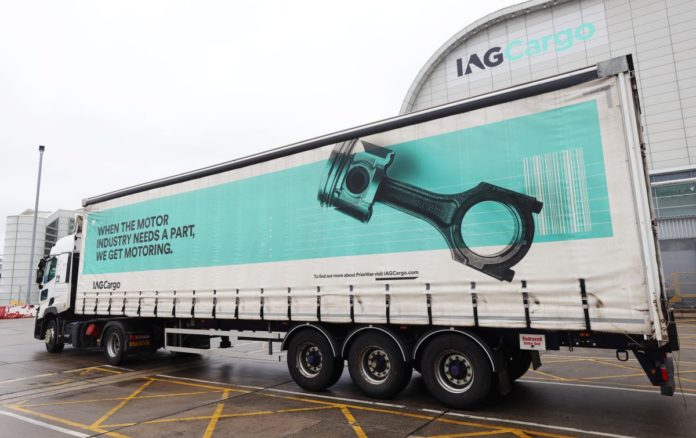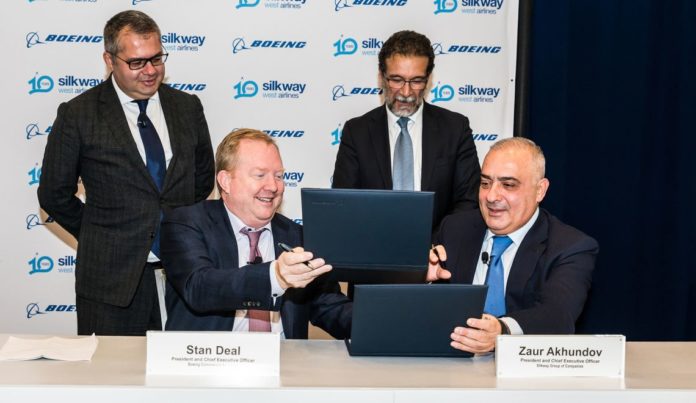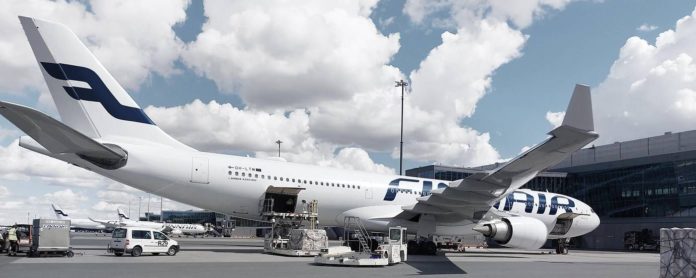Cathay Pacific has opened a 1,250sq m fully temperature-controlled pharma area at its Hong Kong cargo terminal, making it the largest facility of its kind at the airport and doubling the carrier’s existing cold storage capacity there.
Features include web-based real time monitoring with over 60 temperature sensors to ensure all handling is at 15-25°C, a temperature controlled dock shelter or lobby with inflatable shelters for virtually airtight sealing for vehicles and multiple charging points for active containers.
The centre uses non-ozone depleting HFC refrigerants and is directly connected to the Container Handling System to ensure prompt acceptance, storage and delivery
The centre has been built to IATA CEIV Pharma standards and is capable of processing 235,000 tonnes of pharmaceuticals per year.
Cathay Pacific Cargo is also consolidating all its solutions for the sector as Cathay Pharma. It is subdivided into two simplified headings – Active and Passive.
The Active solution uses ‘active’ containers with thermostatic mechanisms, while Passive uses passive coolants and insulation to maintain temperature. Bookings made under either option include expedited ground handling and priority tarmac transfers, to limit the risk of temperature excursions while shipments are exposed to ambient outdoor temperatures.
Cathay Pharma offers four transportation temperature ranges to suit the most common types of pharma shipments, including ERT – extended room temperature: +2°C to +25°C in response to demand from customers.
It also offers containers from seven supplier partners able to achieve specific temperatures in an operating range from as low as -80°C to +40°C.
Customers making a Cathay Pharma booking can follow their shipment’s progress and condition with visibility and 24/7 proactive mitigation from an operations control center.









